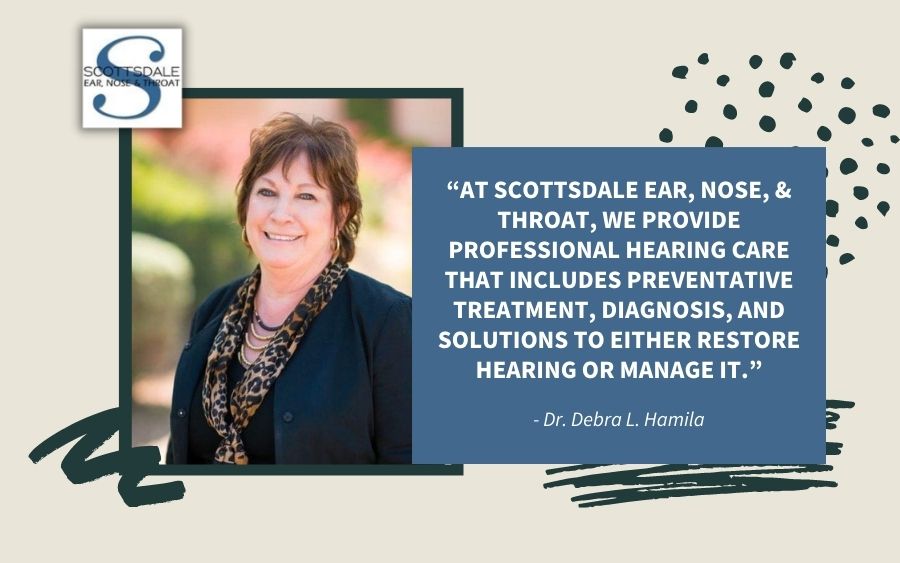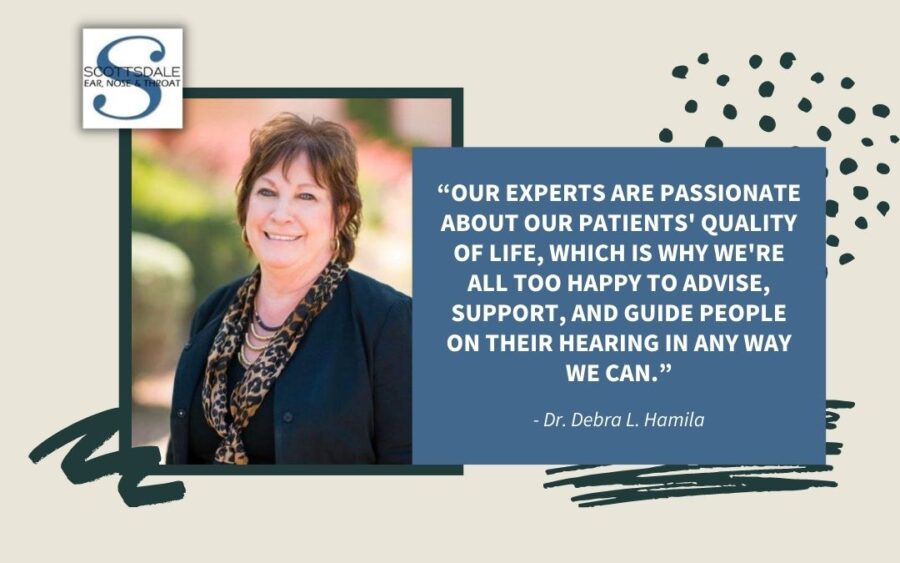Affecting roughly 25 million people in the US today, tinnitus is more common than the general population realizes. Often associated with ringing in the ears, this condition can present itself in many different ways depending on the patient.
What Is Tinnitus?
Tinnitus can affect a patient in two different forms:
Subjective — The more common of the two subjective cases include problems with the inner, middle, and outer part of the ear, resulting in a unique ringing sound that only the patient can hear. This can be a result of nerve damage within your auditory system.
Objective — Only showing up in 5% of all tinnitus patients, an objective case is much rarer. They are more affected by increased blood flow, vibrations in the ear, and overuse of auditory muscles.
Common Causes
These scenarios are just some examples of ways people incur tinnitus.
- Aging can deplete the nerve endings within our ears over time.
- Trauma to the head
- Loud noises can cause instant ringing, or above-average noises can cause the same damage over time.
- Interference within the ear canal such as wax buildup, inflammation, or any kind of growth
- Specific prescriptions can also come with side effects related to tinnitus.
Treatment Options
Unfortunately, at this stage in science and technology, there is no cure for tinnitus. However, no matter the type of tinnitus you or a loved one may have, we can treat it and manage it.
Reducing loud noises within your controlled environment is a great place to start. Coupled with technology and the advice of trained professional staff, tinnitus can be minimized.
Lifestyle changes seem to impact improving the overall well-being of tinnitus patients as well. Whether getting more sleep or reducing stress, these methods have shown success.
Masking solutions can also relieve some by drowning out the constant ringing from tinnitus. For example, using a fan or opening the window to listen to street traffic can reduce the effects. Or, investing in a sound machine that matches sounds to your environment may provide temporary relief.
Untreated Tinnitus
Tinnitus can grow exponentially. People can experience a mild form of tinnitus, which doesn’t significantly affect their quality of life.
However, others find the symptoms grow worse and never dissipate. Over time, this can lead to social and emotional issues, as the sensation affects their personal goals and relationships with others.
Cognitive issues can arise as well, including Alzheimer’s disease and dementia.
We’re Here To Help
At Scottsdale Ear, Nose, & Throat, we provide professional hearing care that includes preventative treatment, diagnosis, and solutions to either restore hearing or manage it.
We bring together the very best physicians and support staff dedicated to providing you with an exceptional experience. We strive to provide the very best medical treatment and the very best patient experience.
If you suspect yourself or a loved one is experiencing tinnitus symptoms or is generally struggling with hearing, book a comprehensive hearing exam here.




